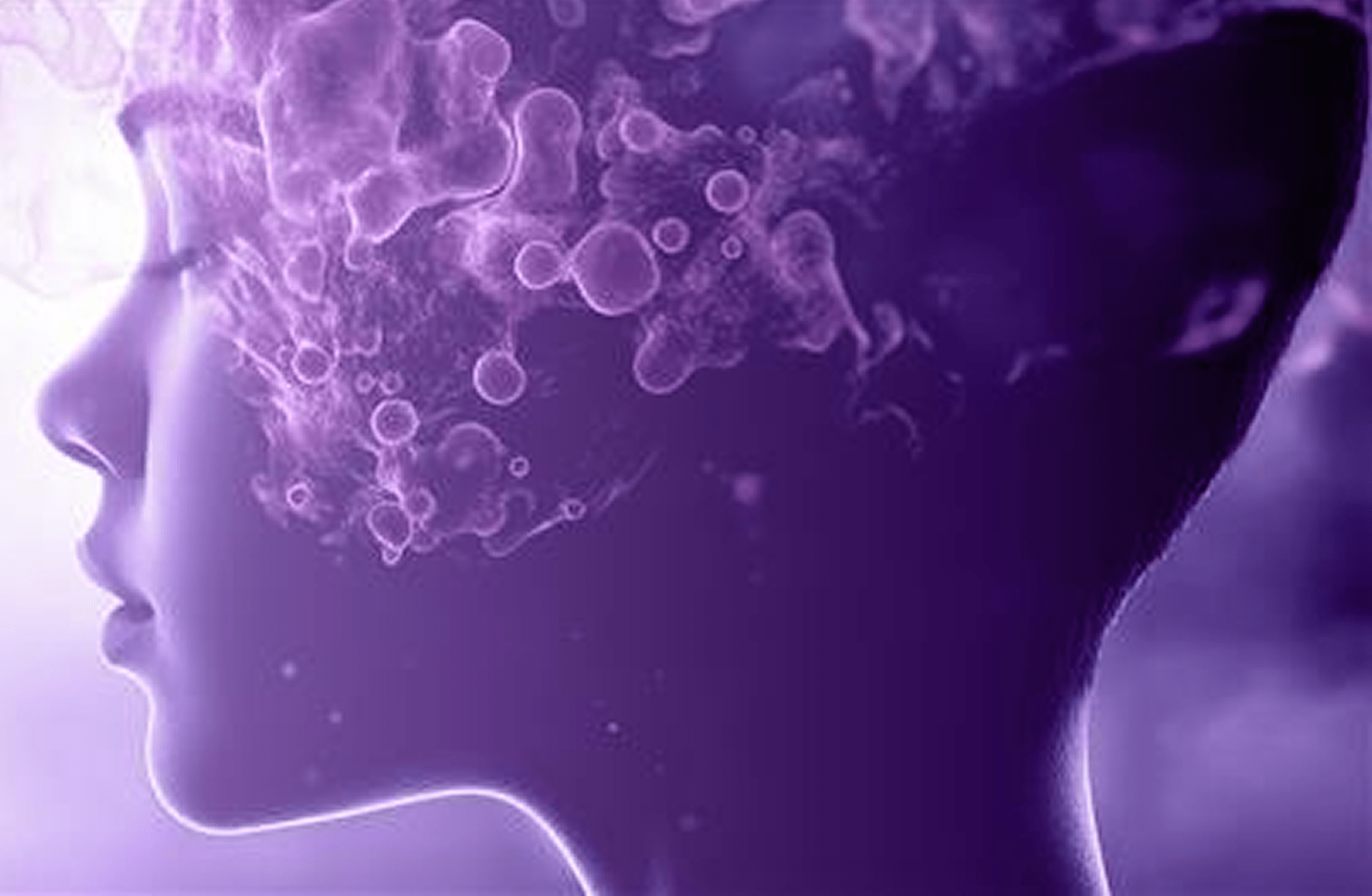Ketamine Therapy
Serving Albany, Saratoga county and beyond

Ketamine for Depression, Pain, Anxiety & Post-traumatic stress disorder: A New Option
Patients with depression, anxiety, PTSD, end-of-life distress, chronic pain, or other conditions. Libertas Mind offers treatment in a private and safe setting.
What do we treat with ketamine?
Ketamine is a schedule III medication that is FDA approved for anesthesia. While ketamine is considered investigational by the FDA for the treatment of mood disorders, many large scale trials have been performed. There is general agreement that low dose ketamine is a powerful and unique.
Major Depression
Major depression is a severe and persistent mood disorder characterized by profound sadness and lack of interest or pleasure in activities. Typical treatment for major depression involves a combination of psychotherapy, medication, and lifestyle changes.
Ketamine has nearly 20 years of excellent research showing benefits even when other therapies fail.
Post Traumatic Stress Disorder
PTSD, common in first responders and veterans, can affect anyone. It develops in response to experiencing or witnessing a traumatic event. Symptoms include intrusive thoughts, nightmares, flashbacks, and heightened arousal, causing terrible distress to patients and their families.
Current PTSD treatments involve psychotherapy approaches like cognitive processing therapy (CPT), eye movement desensitization and reprocessing (EMDR), and exposure therapy gradually diminish PTSD. Medications like antidepressants or anti-anxiety drugs manage symptoms.
Ketamine has been shown in several studies to help depression from PTSD.
Anxiety
Anxiety disorders, such as generalized anxiety disorder, panic disorder, and social anxiety disorder, can be debilitating. Symptoms of utter dread, excessive fear, or anxiety can appear suddenly.
Cognitive-behavioral therapy (CBT) challenges and reframes anxious thinking and behaviors. Medications like antidepressants or anti-anxiety drugs may be prescribed to manage symptoms. Relaxation techniques, mindfulness, and lifestyle adjustments can also be beneficial.
We find ketamine useful for breaking through previous barriers to therapy and overcoming past obstacles.
We find ketamine useful for breaking through previous barriers to therapy and overcoming past obstacles.
Palliative Care & End-of-Life
Palliative care focuses on improving the quality of life for individuals with serious illnesses by addressing physical, emotional, and psychological symptoms. Libertas Mind can participate with your palliative care team to provide pain and symptom management. Ketamine can treat depression and pain simultaneously.
Ketamine can be an important adjunct for helping end-of-life existential or palliative care.
Chronic Pain
Chronic pain is persistent lasting beyond the usual healing time. Let Libertas Mind review your case. We offer a thorough medical evaluation through Libertas Interventional Pain, as well as special consideration of a person’s emotional well-being. Ketamine has historically been used to treat chronic pain.
How does Ketamine therapy work?
Stress and trauma fundamentally change brain chemistry. Ketamine enhances the neuroplastic potential by forming new connections and pathways (which is a really good thing.) A series of low-dose infusions of ketamine (at sub-anesthetic doses), plus periodic boosters, grow new brain connections.
Who should have ketamine?
Ketamine is used for patients who haven’t had relief from typical treatments. While the most information is known about ketamine and treatment-resistant depression, there is evolving literature that PTSD, anxiety, and alcoholism also respond well.



How to make ketamine better through guided ketamine therapy?
Ketamine therapy is a powerful catalyst for change, but without guidance, the therapeutic effect wanes. Behavioral therapy plus ketamine, extends the positive impact for several months.
Psychotherapy is integral to attaining the best outcome. Every patient considering ketamine treatment should be aware of ketamine-assisted psychotherapy. Please read our blog about making the most of ketamine therapy.
YOUR SAFETY AND COMFORT ARE OUR TOP PRIORITY
What you need to know about Ketamine therapy at Libertas Mind
Most insurances do not cover ketamine therapy in an OUTPATIENT SETTING. We've considered this and can administer Ketamine therapy in different ways than IV infusions. The cost is based on complexity.
Intranasal - $ 200 for each session
Subcutaneous - $ 300 for each session
Intramuscular- $ 300 for each session
Subcutaneous infusion - $ 400 for each session
Intravenous infusion- $ 450 for each session
Payment is due 4 days prior.
The difference is how much actual ketamine gets into your body. We call this bioavailability.
Intranasal - 30-50% bioavailable, peak effect at 15 minutes
Subcutaneous - challenging to measure, probably slightly less than intramuscular, peak effect is 15 minutes
Intramuscular - 93% bioavailable, peak effect 15 minutes
Intravenous- 100%, peak effect is 1 minute
The biggest difference between these forms of administration is the ease of dose adjustment. Ketamine is a powerful medication. Ideally, it should be slowly given, and just as easily stopped as needed.
Intranasal The last invasive and gentle exposure to Ketamine therapy
Intramuscular - Is a single shot. Once given, can't be taken back.
Subcutaneous - Can be a single shot or given as a continuous infusion. The dose cannot be as changed as easily as IV.
Intravenous - Most flexible in terms of dose.
Depends on the condition.
For Mood disorders - 6 sessions, usually 2 a week. Each visit lasts about 90 minutes.
For Pain - 6 sessions, usually 2 a week. Each visit last about 2-4 hours. Really depends on the patient.
Your probably aware Ketamine infusions for mood or pain performed in a outpatient center aren't covered by most insurance carriers. We can use your insurance only for the initial and any subsequent consultations.
The charge for the initial consult is $225.00. Follow up consults after a procedure are $150. 00
We offer discounted services to frontline workers and providers including teachers, civil service workers, and veterans. Advance Care is a service that offer's financing options for medical care and can help you pay for treatment; learn more by calling 800-432-9470 or visiting advancecarecard.com. Click the Care Program to learn more.
Individuals with a history of substance abuse, uncontrolled high blood pressure, certain heart conditions, or severe psychiatric disorders like schizophrenia may not be good candidates for ketamine therapy. It's important to consult a healthcare provider to assess suitability based on individual health conditions.
Resources
Anxiety & Depression Association of America
If you or someone you know is in crisis, call the National Suicide Prevention Lifeline (Lifeline) at 1-800-273-TALK (8255), or text the Crisis Text Line (text HELLO to 741741). Both services are free and available 24 hours a day, seven days a week. The deaf and hard of hearing can contact the Lifeline via TTY at 1-800-799-4889. All calls are confidential. Contact social media outlets directly if you are concerned about a friend’s social media updates or dial 911 in an emergency. Learn more on the Lifeline’s website or the Crisis Text Line’s website.




